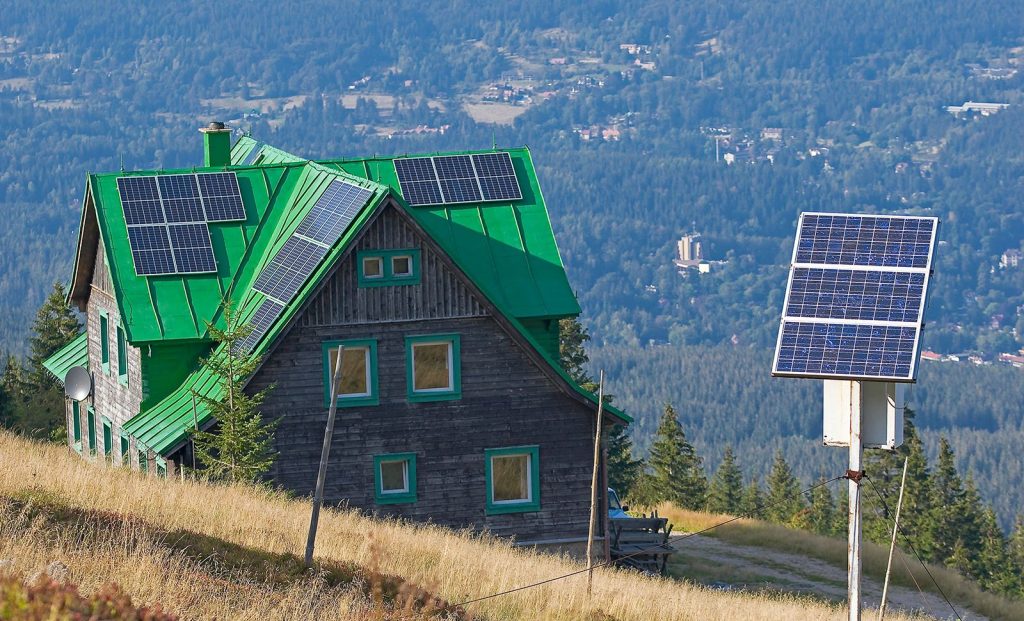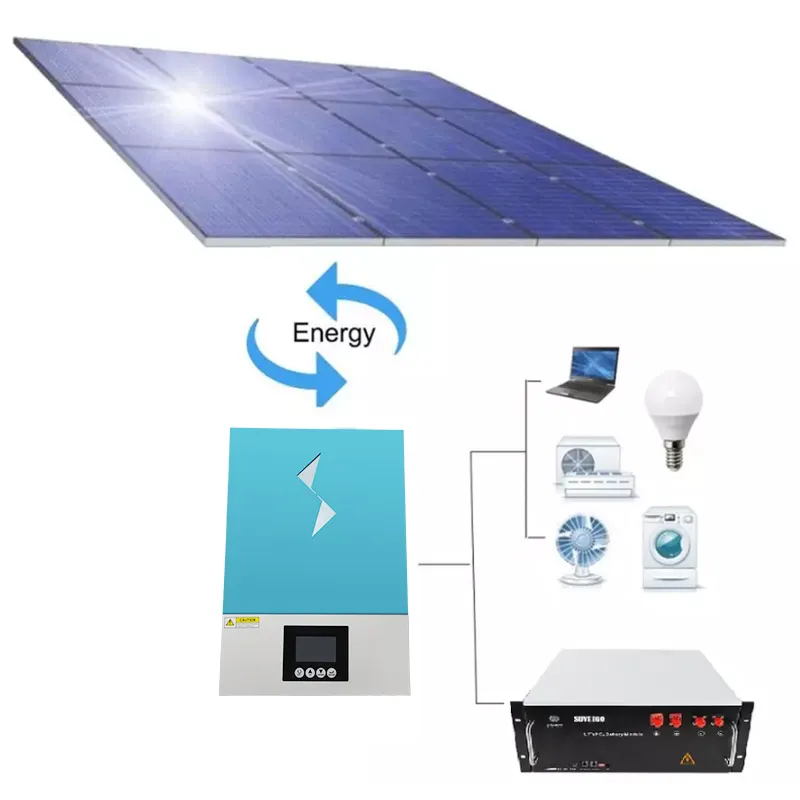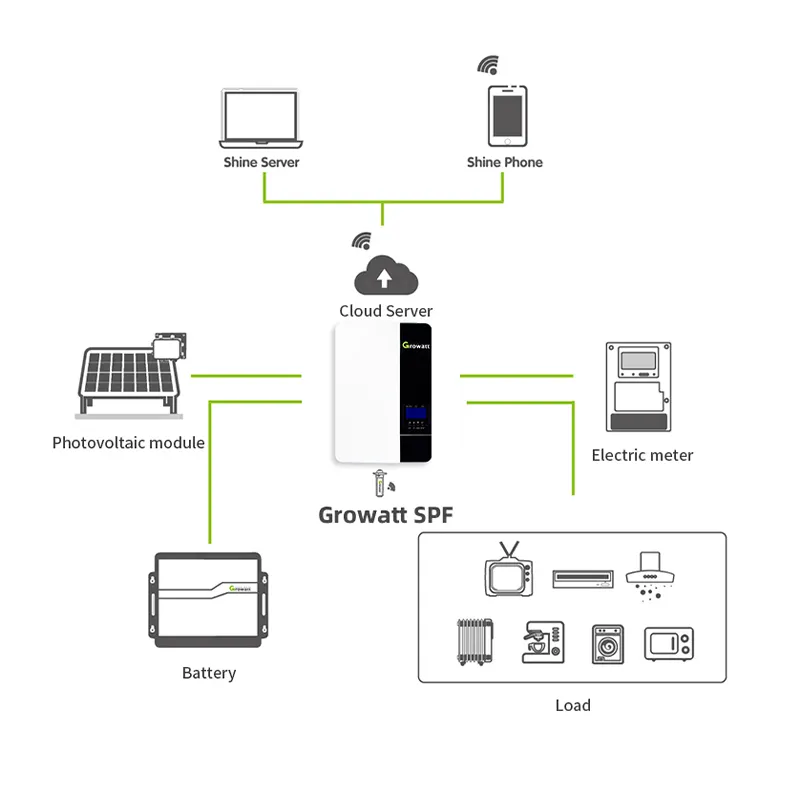
As the world faces the challenges of climate change and environmental degradation, there is an increasing need for sustainable and renewable energy sources. One such source is solar power, which has become increasingly popular in recent years. A subset of solar power systems is off grid solar power systems, which are self-sufficient and can provide clean energy anywhere, even in remote areas. In this article, we will explore the basics of off-grid solar power systems, how they work, their advantages, and their applications.

What is an Off Grid Solar Power System?
An off grid solar power system is a self-sufficient system that provides electricity without relying on the traditional electrical grid. These systems are often used in remote areas where access to the grid is limited or non-existent. An off-grid solar power system consists of several components, including solar panels, charge controllers, batteries, inverters, and backup generators. These components work together to generate, store, and distribute electricity.

How an Off Grid Solar Power System Works
Off grid solar power systems work by converting sunlight into electricity using solar panels. The solar panels generate DC electricity, which is then sent to the charge controller, where it is regulated and sent to the battery bank for storage. The battery bank stores the electricity until it is needed, and the inverter converts the DC electricity to AC electricity, which can be used to power appliances and devices. If the battery bank is depleted or unable to provide enough power, a backup generator can be used to provide additional power.

Advantages of Off Grid Solar Power Systems
Off grid solar power systems have several advantages over traditional electricity sources. First, they provide clean and renewable energy, which reduces greenhouse gas emissions and helps to preserve the environment. Second, they offer energy independence, as they do not rely on the traditional electrical grid, which is subject to power outages and disruptions. Third, they can provide electricity to remote areas where access to the grid is limited or non-existent, which can improve the quality of life for those living in these areas.
Applications of Off Grid Solar Power Systems
Off grid solar power systems are used in a variety of settings, including residential, commercial, and industrial. In residential settings, off-grid solar power systems can be used to power homes and provide energy independence. In commercial settings, off-grid solar power systems can be used to power businesses and reduce operational costs. In industrial settings, off-grid solar power systems can be used to power remote operations and reduce energy costs.

Off grid solar power systems are a sustainable and renewable energy source that provides clean energy anywhere, even in remote areas. They consist of several components, including solar panels, charge controllers, batteries, inverters, and backup generators. Off-grid solar power systems work by converting sunlight into electricity, and they offer several advantages over traditional electricity sources, including energy independence, improved environmental impact, and improved quality of life in remote areas. Off-grid solar power systems are used in a variety of settings, including residential, commercial, and industrial, and they are an important part of the transition to sustainable and renewable energy sources.
